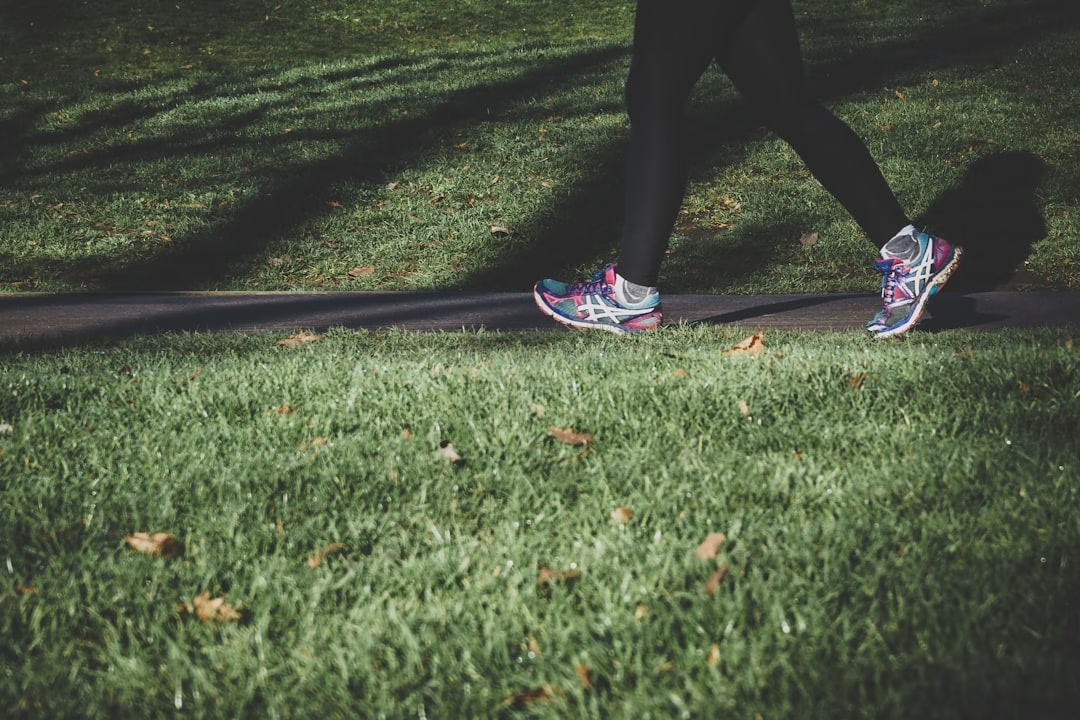Staying in peak physical condition is paramount for athletes, and an integral part of this is keeping a handle on weight gain and control. This doesn’t just mean avoiding gaining too much weight; some athletes may need to gain weight for their particular sport or position. In this article, we’ll delve into the key aspects of weight gain and control for athletes.
Importance of Weight Control
Weight control is not only about maintaining a healthy and robust body but also contributes towards enhancing performance in any sport. Excessive weight may lead to injuries and health problems, while being underweight may also lead to poor performance and increase susceptibility to sickness.
Healthy Weight Gain
For athletes who need to gain weight, the focus should be on gaining muscle rather than fat. Here are some effective strategies:
- Increase calorie intake but ensure those calories come from nutritious foods.
- Incorporate strength training exercises into your routine to build muscle.
- Consume protein-rich foods and supplements for muscle recovery and growth.
- Drink plenty of water to stay hydrated and aid digestion.
- Eat frequent small meals throughout the day instead of three large meals.
Weight Control Strategies
For athletes who need to maintain or lose weight, here are some strategies that can be effectively implemented:
- Monitor your calorie intake, ensuring you’re not consuming more than you’re burning off.
- Opt for whole-grain, lean protein, and nutrient-rich foods.
- Regular cardio training can help burn extra calories while improving endurance.
- Stay hydrated but keep in mind that beverages can also contain calories.
- Avoid skipping meals, which can lead to overeating later in the day.
Conclusion
In conclusion, weight gain and control are vital processes in an athlete’s routine. By implementing the right strategies, athletes can either gain, lose, or maintain their weight in a healthy way contributing positively to their overall performance. Remember, every athlete is different, so it’s best to consult with a nutritionist or coach to figure out the best strategy for you.
